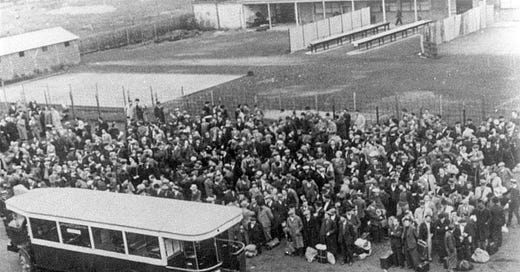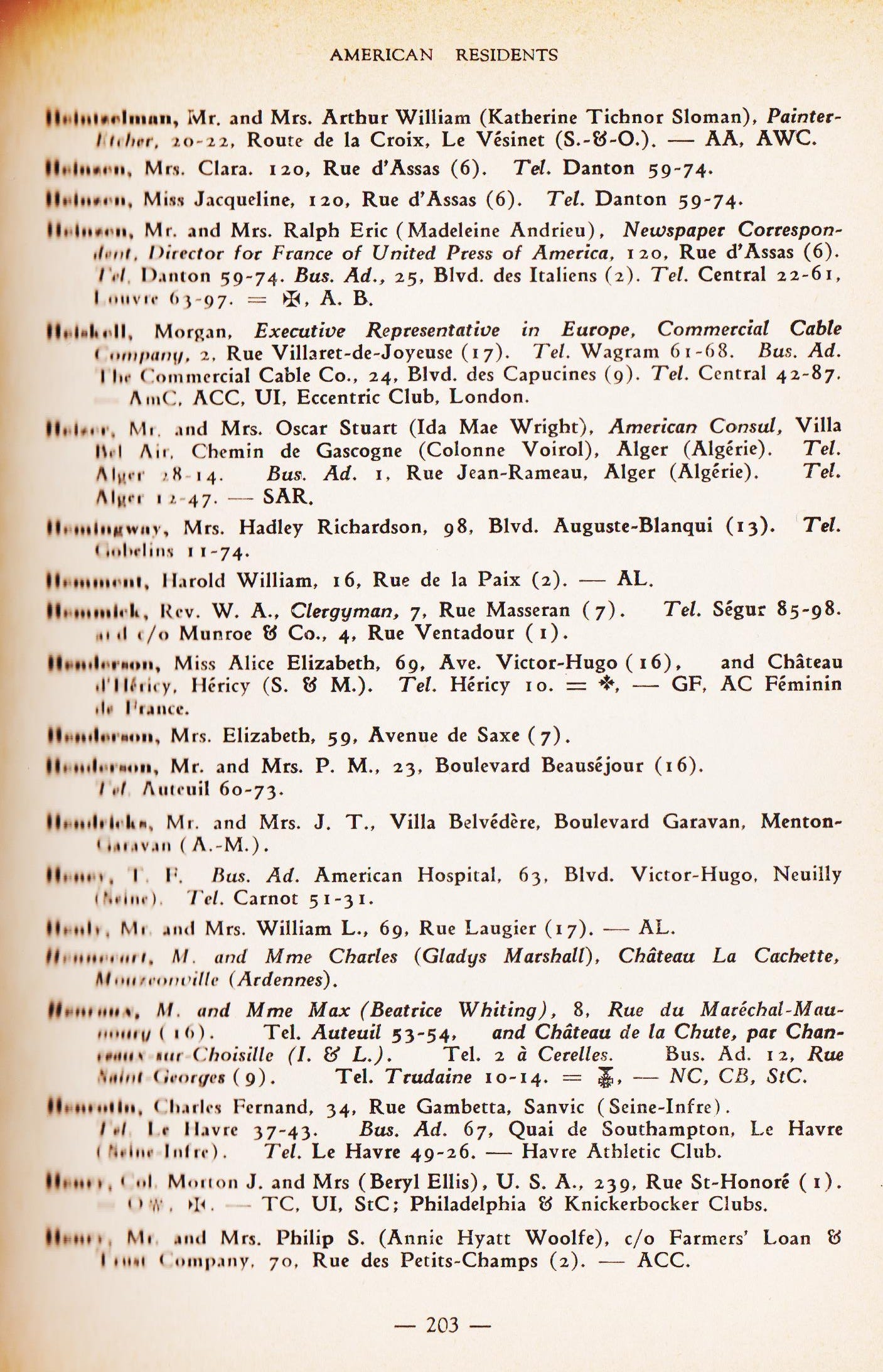Paris jews awaiting deportation, 1940.
France is going through one of those periodic counting of heads known as a census, and, as always when people are assigned categories, there are protests – in this case about the question “Where were your parents born?”
Technically, all legal residents of France are equal – but, as George Orwell reminds us, some are more equal than others. Opponents of the question cite the treatment of jews during World War II, when those not born in France were rounded up and deported first.
As an alien myself, I would be concerned, if I wasn’t aware that the government already knew my parents were born elsewhere, just as it knows almost everything about me, down to my inside leg measurement and taste in cheese.
As well as a passport and the photo id card everyone must carry, I have a Carte Vitale, detailing my medical history, a public transport travel card, a railway concession card….you get the idea. With all the forms completed to acquire these, it must be recorded that, unlike my wife, who can trace her family back to Vercingetorix, the Baxters only sprouted in the London of the early 1800s, when an ancestor was deported to Australia for stealing a bucket. (An empty bucket apparently; had it been full, she’d probably have been hanged.) If they ever begin exiling residents again, those criminal genes will ensure my place in the first cattle car.
Foreign residents in France haven’t always been so sensitive about nationality. Through the nineteen-twenties and -thirties, the American Chamber of Commerce in Paris published a hefty 800-page annual directory of Americans in Paris, giving the addresses and phone numbers of almost every statesider living here, eminent or unknown. Sylvia Beach, Gertrude Stein, Man Ray….you could visit or call any of them.
Ernest Hemingway left in 1929, with new wife Pauline, but former partner Hadley, their marriage fictionalised – not very accurately – in The Paris Wife, was still listed. Odd to think of her sitting there, probably still unaware that, in giving her the rights to The Sun Also Rises in lieu of alimony, her delinquent ex had made her rich.






"Liberty, equality and fraternity" were the three cornerstones of the 1789 revolution but, like most political ideals, they've gone through radical redefinition since.
Is the statement of equality in the French Constitution John?